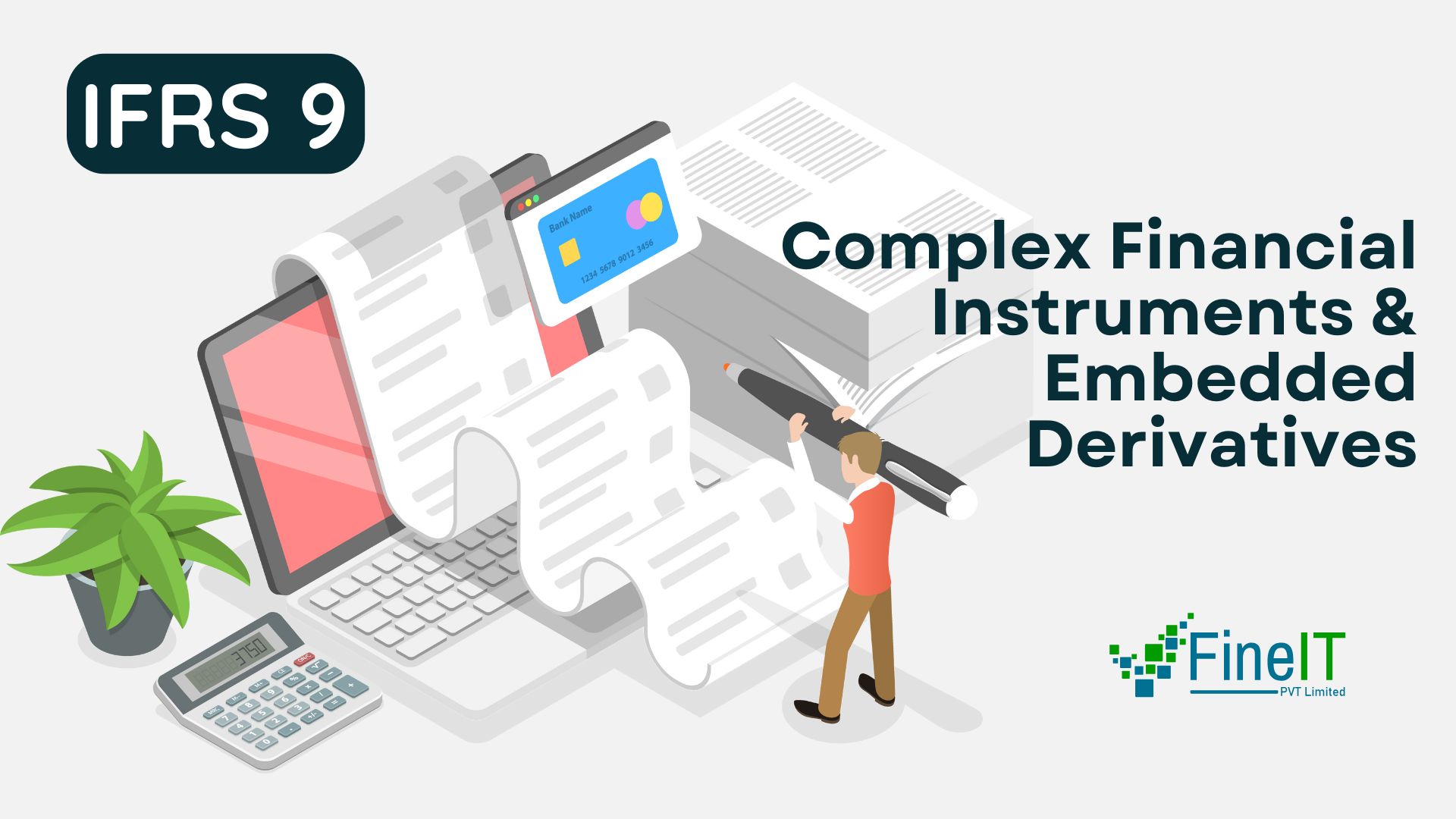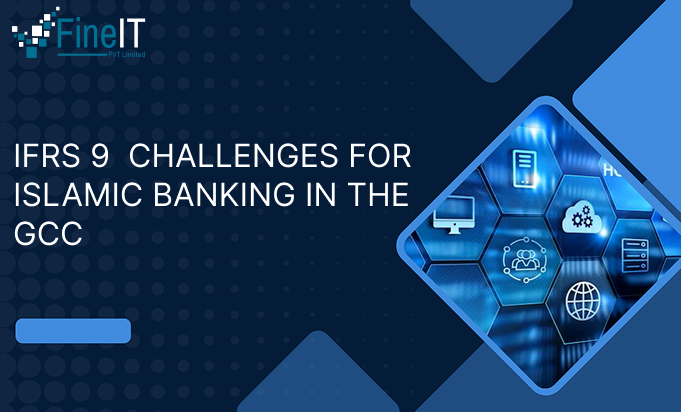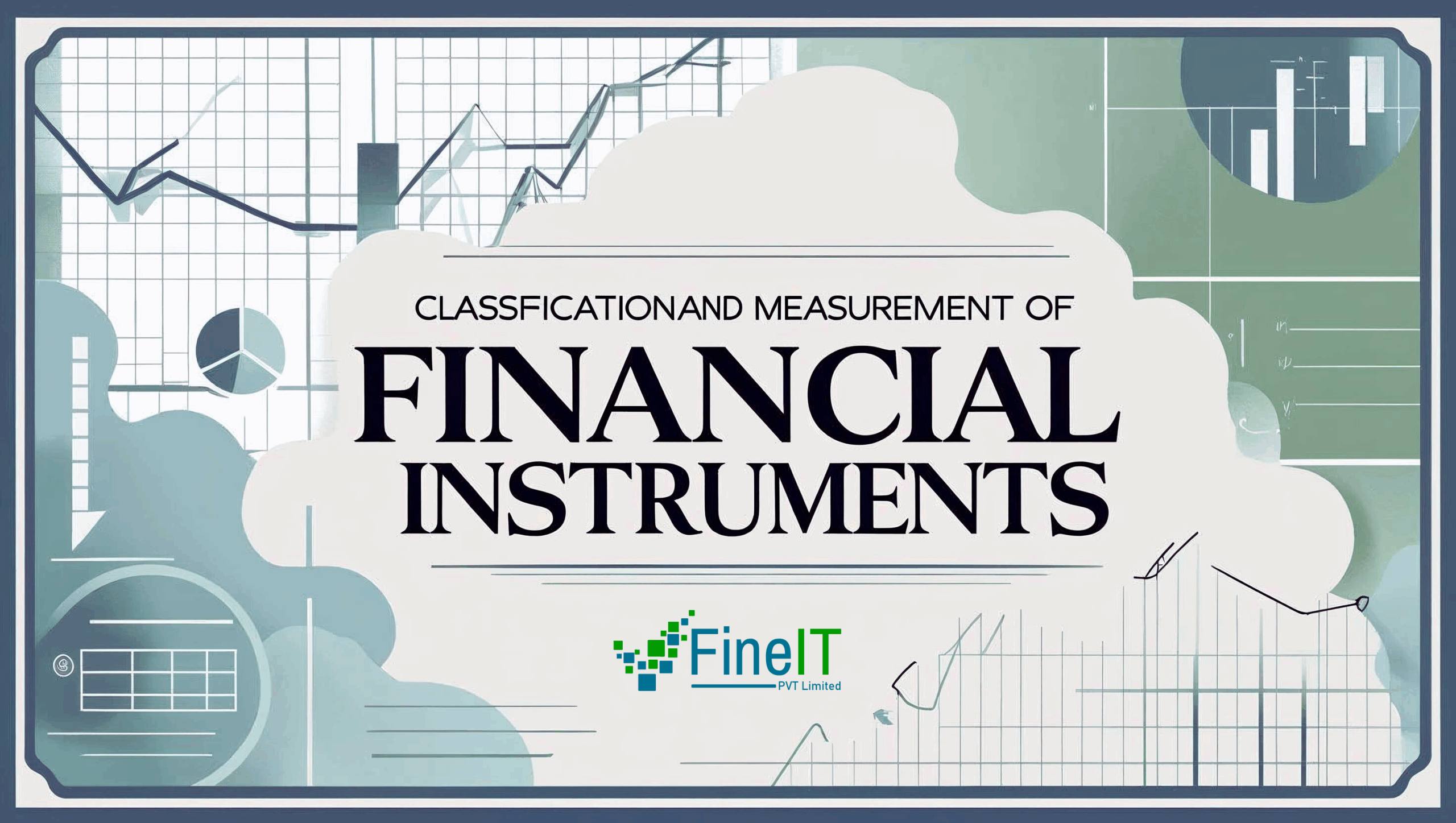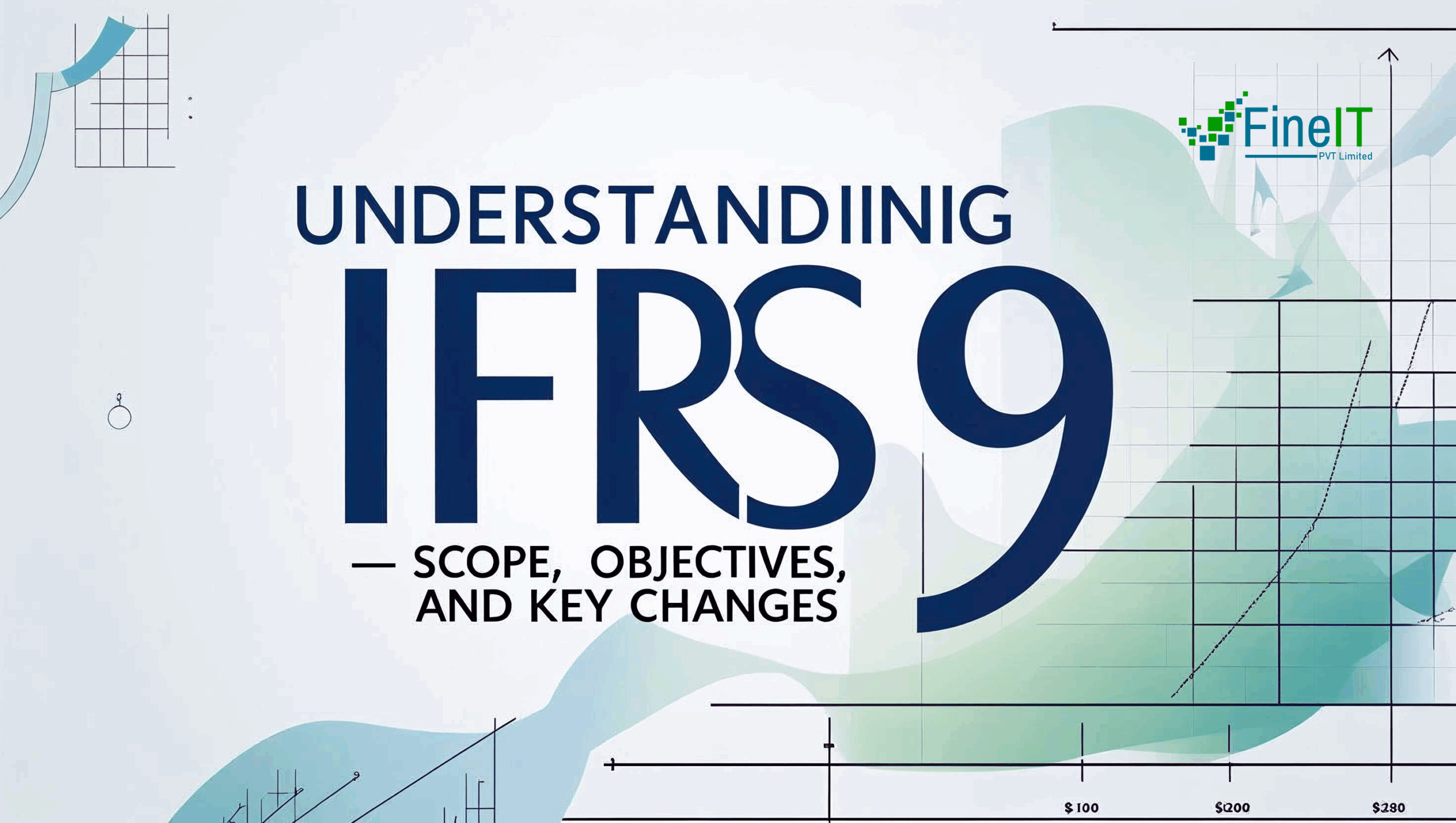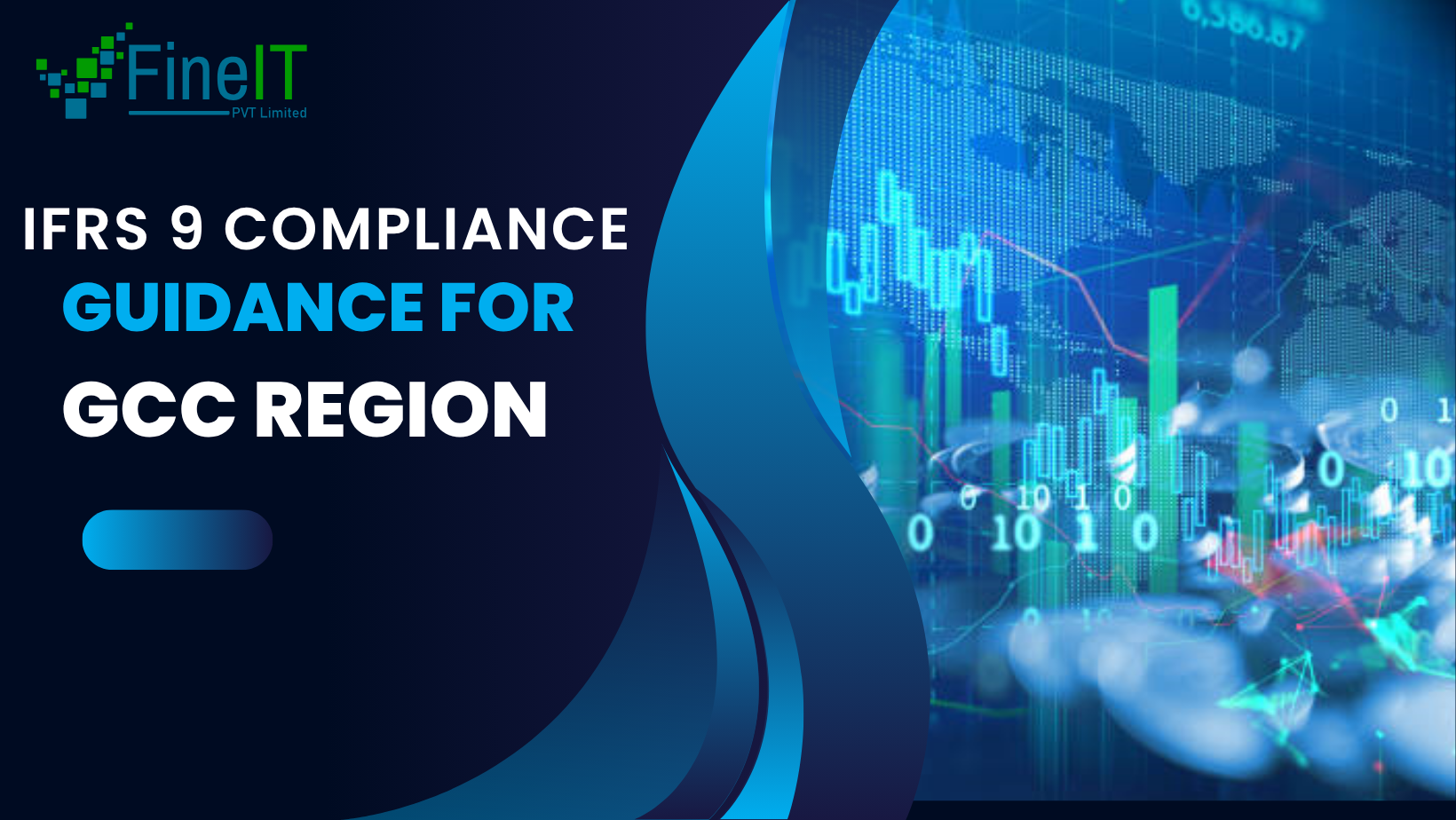Expected Credit Loss (ECL) Modeling Practices in GCC
Since the adoption of IFRS 9 across the Gulf Cooperation Council (GCC) countries, banks and financial institutions have transformed their approach to credit risk assessment by implementing Expected Credit Loss (ECL) models. Unlike the incurred loss model under IAS 39, IFRS 9 requires forward-looking ECL software estimation, compelling institutions to incorporate macroeconomic forecasts, credit deterioration […]





